Many “sold-out” films are considered to have long-term declines in content, old-fashioned storytelling, and even boring. More worryingly, a segment of the audience goes to see Vietnamese films only to be disappointed, then turns to mocking them on social media, creating a negative trend.
Success from the media campaign
In recent years, especially in early 2025, the Vietnamese film market has witnessed a clear trend: The more tricks a film has, the easier it is to attract audiences. Pure entertainment films dominate the box office with "key" elements such as: comedy, violence, spiritual elements, or sexy scenes to attract audiences. This is not wrong if only considered from the market perspective, but it has created a distorted content level.
For example, there are films that have achieved the highest revenue in the history of Vietnamese cinema, but viewers can easily recognize the familiar formula: A group of "different" characters, dialogues full of social media, absurd situations but elaborately staged. There is nothing new in the content, no exploitation of psychological depth or internal conflicts because the producers think they understand what the general audience wants and put all their efforts into it, regardless of the principle of minimal storytelling in cinema.
Worse, the box office success of such films makes investors and producers think that “hitting the right taste” is a win. From there, a trend-driven investment cycle is formed: Pouring money into scripts that are easy to understand, easy to make, easy to sell tickets, easy to advertise… while art films, historical films, or works with strong colors and social rhythms that require depth and commitment are placed behind, and even have difficulty getting into theaters.
On social media platforms, many young audiences share their feelings: “Watching Vietnamese movies to get angry”, “going to the cinema to relieve stress and then coming back… more stressed”. These feelings are not necessarily because they turned their backs on domestic cinema, but because they trusted and then were disappointed. High revenue cannot forever be the “crown” to cover up the weaknesses in the quality of scripts, acting or directing. This raises the question for both managers and experts about whether Vietnamese cinema is developing substantially and in the right direction?
At a number of national and international conferences and seminars on cinema, experts have explained the phenomenon of Vietnamese cinema gradually leaning towards excessive marketization, which has deep roots, both from the filmmakers and from the surrounding cinema ecosystem. First of all, it is due to the lack of a systematic training foundation and a clear aesthetic orientation.
Many filmmakers today come from other professions such as: Media, marketing or simply have financial potential and want to try their hand at cinema. They are good at predicting the market, launching intensive media campaigns but are not properly trained in the language of cinema, which requires structural thinking, images, rhythm and philosophy of life. As a result, films are often "half-baked": grand on the outside, empty on the inside.
In addition, the phenomenon of producers overwhelming directors and audiences shaping content is quite common. In many projects, directors are both creative and have to serve the revenue goals of investors. When the content is in the hands of those who do not prioritize art, the inevitable consequence is easy scripts, one-dimensional characters, conflicts resolved in a bland or offensive way. In addition, it is necessary to mention a part of the audience that is dominated by social networks, short clips and the trend of "the faster the merrier" is influencing, creating the habit of watching movies without understanding or remembering. Therefore, even films with historical, humanistic or experimental elements are turned away. Lack of foundation and conservative tastes also become obstacles that discourage decent filmmakers.
In many countries with developed film industries, the State and independent organizations play a guiding role by funding art projects, organizing film festivals and developing non-commercial film screening spaces. Vietnam needs such an ecosystem.
In addition, the professional criticism system has not played its role in promoting the quality of domestic films, while reviews that are widespread on social networks are often emotional, biased or influenced by many factors, leaving the public without a professional basis to properly evaluate a film that is truly successful in terms of both revenue and quality.
Vietnamese cinema once had a golden age with classic works. However, that flow was interrupted when private films took the throne but did not have a standard development value system. As a result, the next generation of filmmakers did not have a solid legacy and were sometimes forced to compromise with the market if they wanted to survive.
Untapped potential
Vietnam has a huge historical and cultural treasure spanning thousands of years, from the dynasties that founded and defended the country, to heroic periods such as: the resistance war against French colonialism, against American imperialism, the renovation and protection of national sovereignty , international integration... However, Vietnamese cinema today has almost left this potential land open, or if it is exploited, it is only at the level of... "for show".
Making historical films is a real “war”: high costs (costumes, sets, special effects, actor training), long production time, and most importantly, high risks in terms of revenue. Meanwhile, without large support funds, nor financial insurance from independent film funds, private producers are hesitant and afraid of failure. In addition, many filmmakers are afraid of historical interpretations, so many projects fall into a state of safety to the point of being bland.
Film critics say that a good historical film does not necessarily have to be spectacular, the most important thing is still the script. However, Vietnamese cinema has not had a tradition of investing deeply in scripts. Projects often start with an idea and then find someone to “piece together” the plot, so the film is heavily illustrative, lacking in cinematic drama, and unable to create an emotional “push”.
Despite many obstacles, in reality, there are still political film projects in Vietnam that have overcome difficulties to achieve remarkable successes. The success of the film "Tunnel: Sun in the Dark" in 2025 is an important turning point because of the influence of a film about war and revolution made with true passion for cinema. The film does not follow the path of illustration or cliche but chooses a close, subtle, and humane storytelling style. The audience understands that war is not only about bombs and bullets but also the tragedy of human fate, a quiet void in the soul. Telling history through human stories is also an approach that world cinema has long been successful with. The appeal of director Bui Thac Chuyen's film shows that Vietnamese audiences are ready to accept historical films, as long as they are told in a well-crafted cinematic language that touches the depth of emotions.
A generation of young directors such as Bui Thac Chuyen, Phan Dang Di, Tran Thanh Huy, Nguyen Phan Quang Binh... are showing a relatively consistent and sustainable choice, using historical elements to explore emotions and cinematic identity. In addition, many short film projects, independent films, even school films, are also quietly exploiting local history, folk culture or characters forgotten in the flow of time.
It is not difficult to see that young people increasingly have a need to explore history in new ways. They read historical novels, watch vlogs about relics, immerse themselves in videos of reconstructions and cosplay of ancient characters. The success of works such as: "Dai Viet Su Ky Toan Thu" narrative version, "Viet Su Giai Thoai" or historical game shows on social networks shows the vitality of history when breathed into a new, creative breath. If cinema knows how to catch this wave, it will be a source of loyal audiences for elaborate historical films.
Dr. Ngo Phuong Lan, President of the Vietnam Association for the Promotion of Cinema Development, said that in the international market, many films are successful because they combine artistic and entertainment elements to attract viewers. If domestic works are invested in all aspects, they can completely conquer global audiences. However, to build a film industry, there must be coordination between the State and the private sector. First of all, it is necessary to build a reasonable profit sharing mechanism to attract the participation of investors, promote the development of the film industry; have a mechanism to encourage filmmakers such as: financial support, facilities, training and development of young talents... to inspire the creation of quality works not only for the domestic market but also for the international market.
Obviously, Vietnamese cinema has enough potential but needs a truly appropriate, effective and synchronous management mechanism to reach its potential. When it is capable of satisfying the needs of both professionals and the general public, then surely revenue and film quality will no longer be inversely proportional.
Source: https://nhandan.vn/dien-anh-viet-doanh-thu-chua-song-hanh-cung-chat-luong-post879520.html




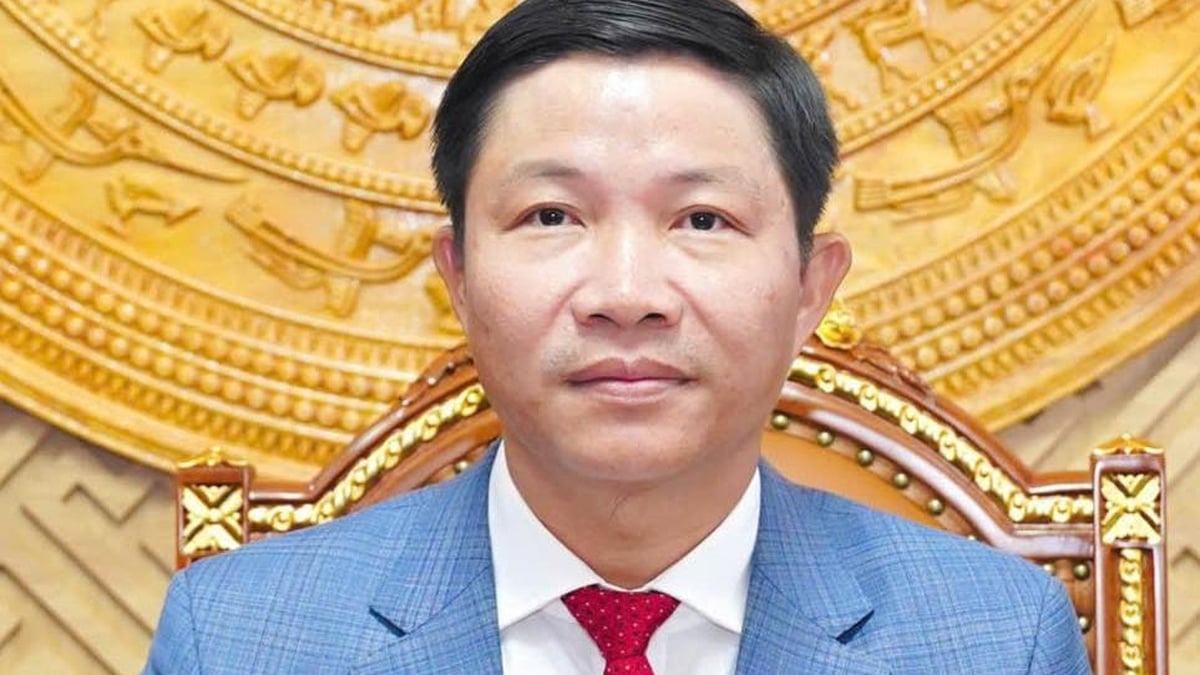

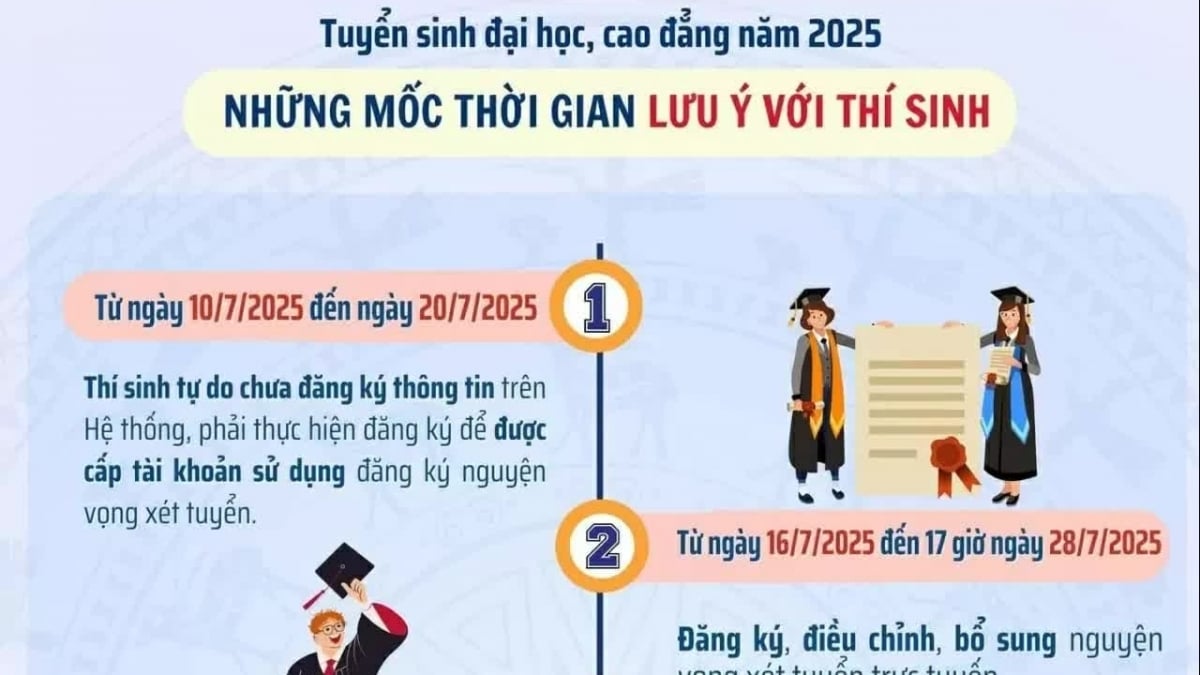

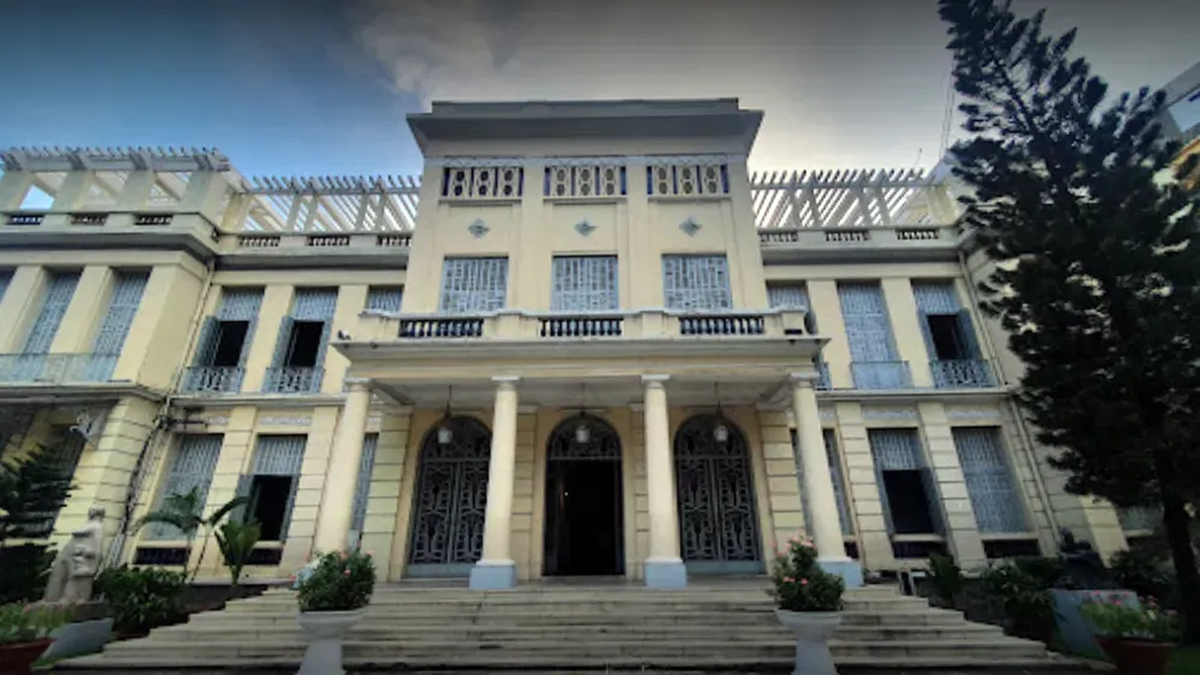


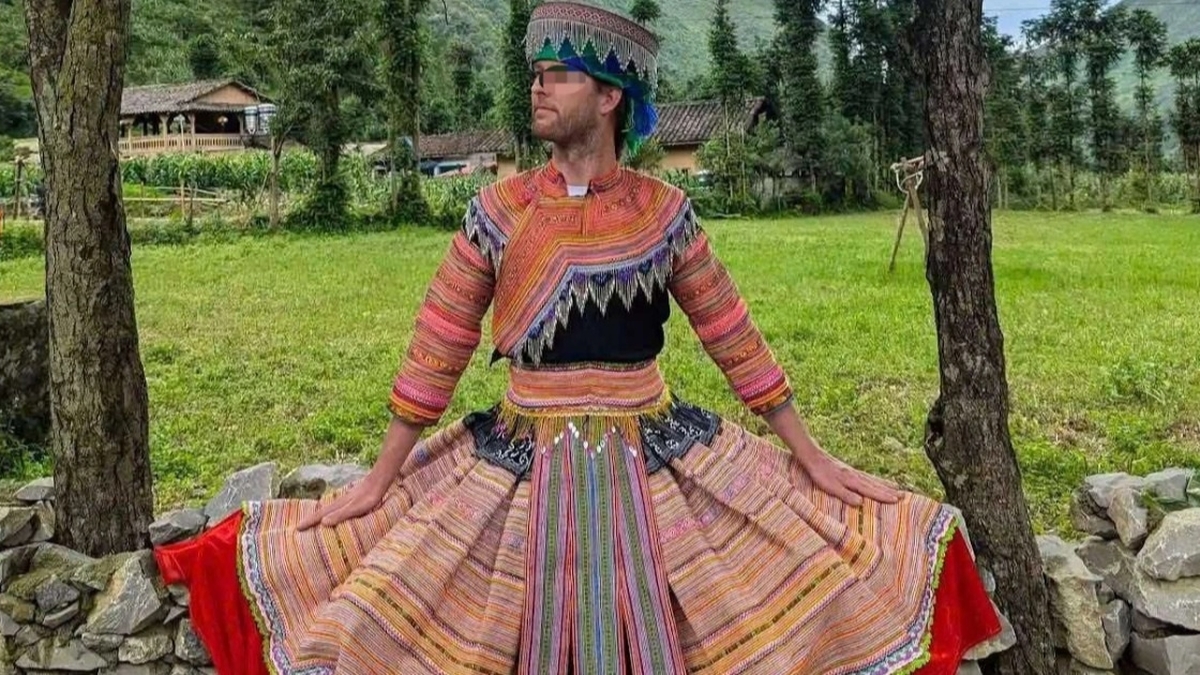










![[Photo] Discover the "wonder" under the sea of Gia Lai](https://vphoto.vietnam.vn/thumb/1200x675/vietnam/resource/IMAGE/2025/8/6/befd4a58bb1245419e86ebe353525f97)






![[Photo] Nghe An: Provincial Road 543D seriously eroded due to floods](https://vphoto.vietnam.vn/thumb/1200x675/vietnam/resource/IMAGE/2025/8/5/5759d3837c26428799f6d929fa274493)



























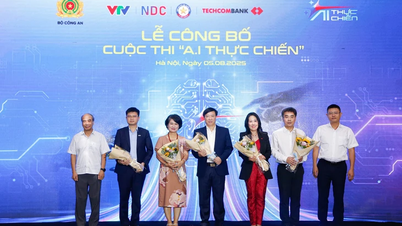




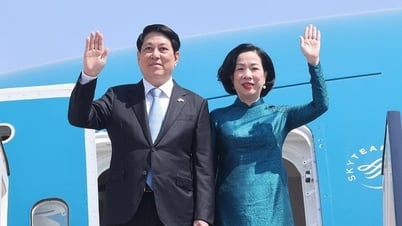







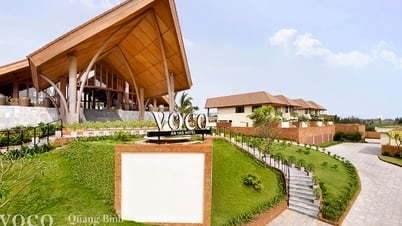
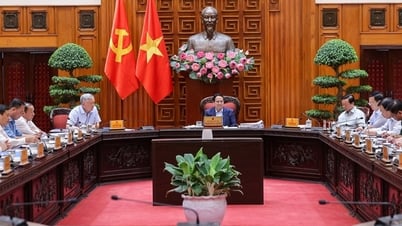
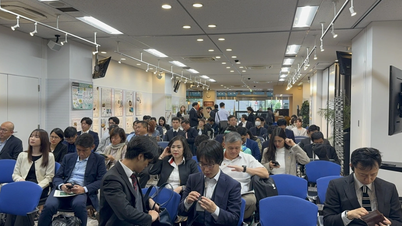


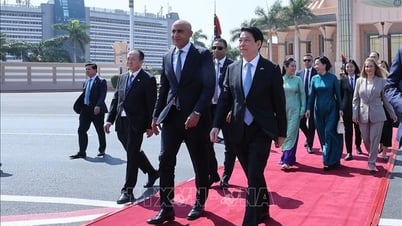

















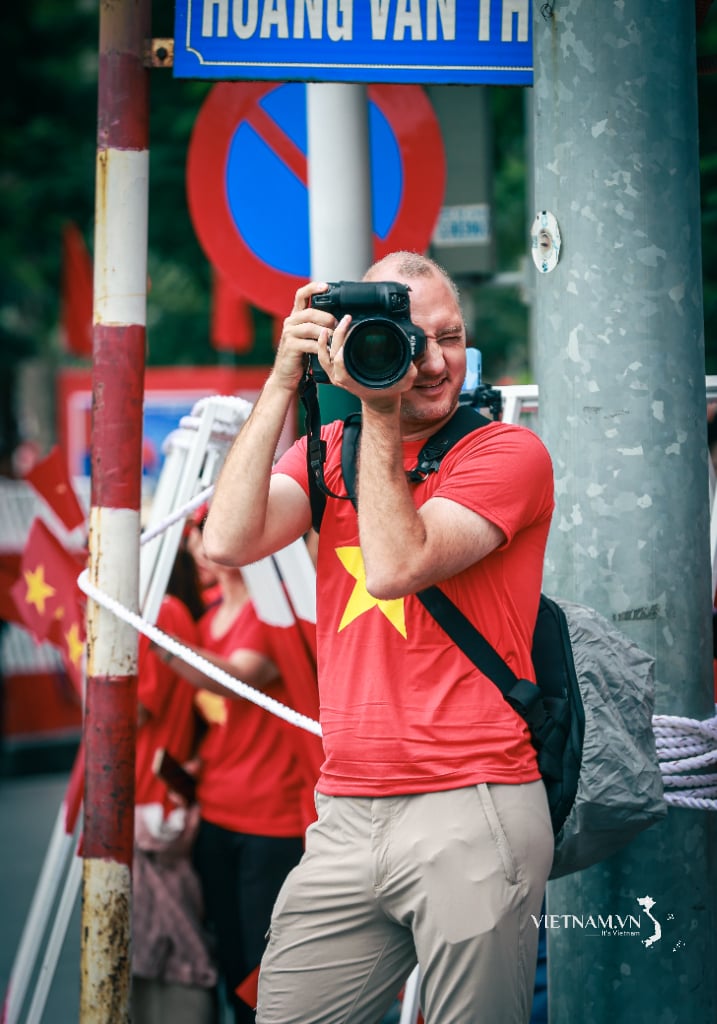



Comment (0)